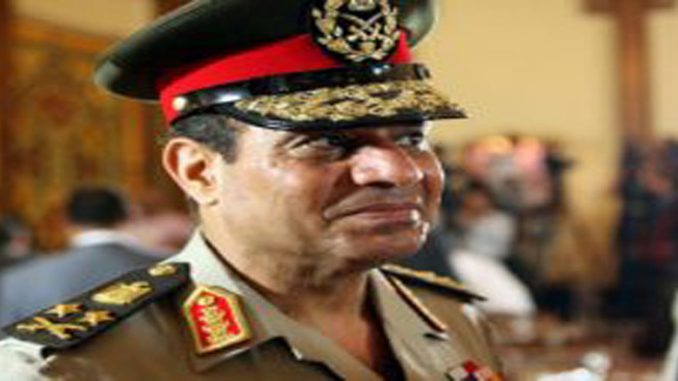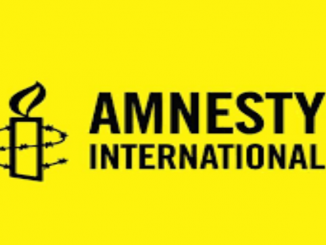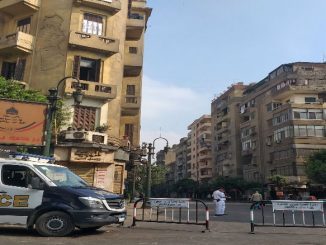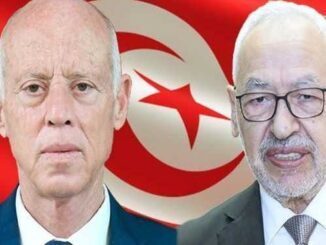
Egypt’s Al-Sisi has ratified a new draconian cybercrime law that rights groups say paves the way for censoring online media.
The law, published Saturday in the country’s official gazette, empowers authorities to order the blocking of websites that publish content considered a threat to national security.
Viewers attempting to access blocked sites can also be sentenced to one year in prison or fined up to EGP100,000 ($5,593) under the law.
Authorities say the new measures are needed to tackle instability and terrorism.
But human rights groups accuse the government of trying to crush all political dissent in the country.
The Cairo-based Association of Freedom of Thought and Expression said more than 500 websites had already been blocked in Egypt prior to the new law being signed.
Last month, Egypt’s parliament approved a bill placing personal social media accounts and websites with over 5,000 followers under the supervision of the top media authority, which can block them if they’re found to be disseminating false news.
Since the military coup in 2013 against Egypt’s first democratically elected President Mohamed Morsi, al-Sisi’s regime has launched a massive crackdown against political dissent. The crackdown wasn’t confined only on members of the Muslim Brotherhood and their supporters, but even many young secular activists, who played a major role in the revolution, were thrown in jail.
Egypt has banned a wide range of groups as “terrorist organizations,” including the Muslim Brotherhood; April 6 Youth Movement, an activist group that played a key role in January Revolution against Mubarak in 2011; and football Ultras, hardcore fan groups.



